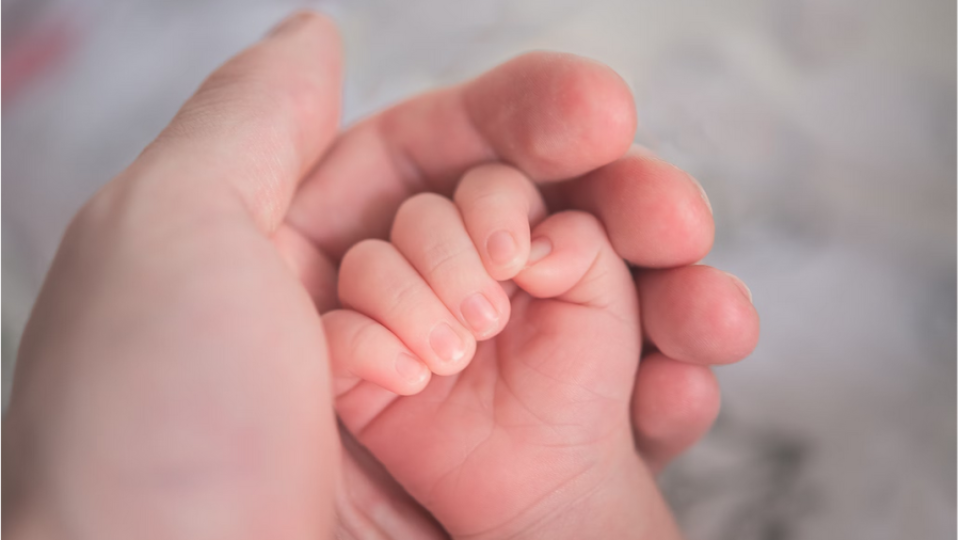January 29, 2024
SEOUL – The decline in the number of newborns has continued accelerating, putting a greater burden on the demographic cliff the country faces.
The number of children born between January and November last year stood at 213,572, an 8.1 percent drop from the previous year for the same period, according to the Korean Statistical Information Service on Sunday. This is the lowest number of children the stats agency has ever recorded being born within 11 months.
On average, the monthly number of newborns last year is likely to have fallen below the mark of 20,000. January (23,179) and March (21,138) are the only months estimated to have exceeded that mark last year. The total number of childbirths in 2023 will unlikely surpass 230,000.
The number of newborns has been on an accelerating downward trend since 2015, when the figure was tallied at 438,420.
It only took eight years to see the number of children born cut in half, after it took over 30 years for the number to be halved between 1972 and 2002.
The number of newborns stood at some 1 million annually between 1970 and 1972, which dropped to 600,000 annually from 1984 to 1990, then back up to 700,000 annually from 1991 to 1995. The annual number had halved over a three-decade period in 2002, when the number recorded about 497,000.
The country has been revamping financial assistance to help parents, with currently at least 29.6 million won ($22,100) in support per child spread over the first eight years. Despite policy support, experts predict the total number of newly born babies per year will soon fall below 200,000 annually.


